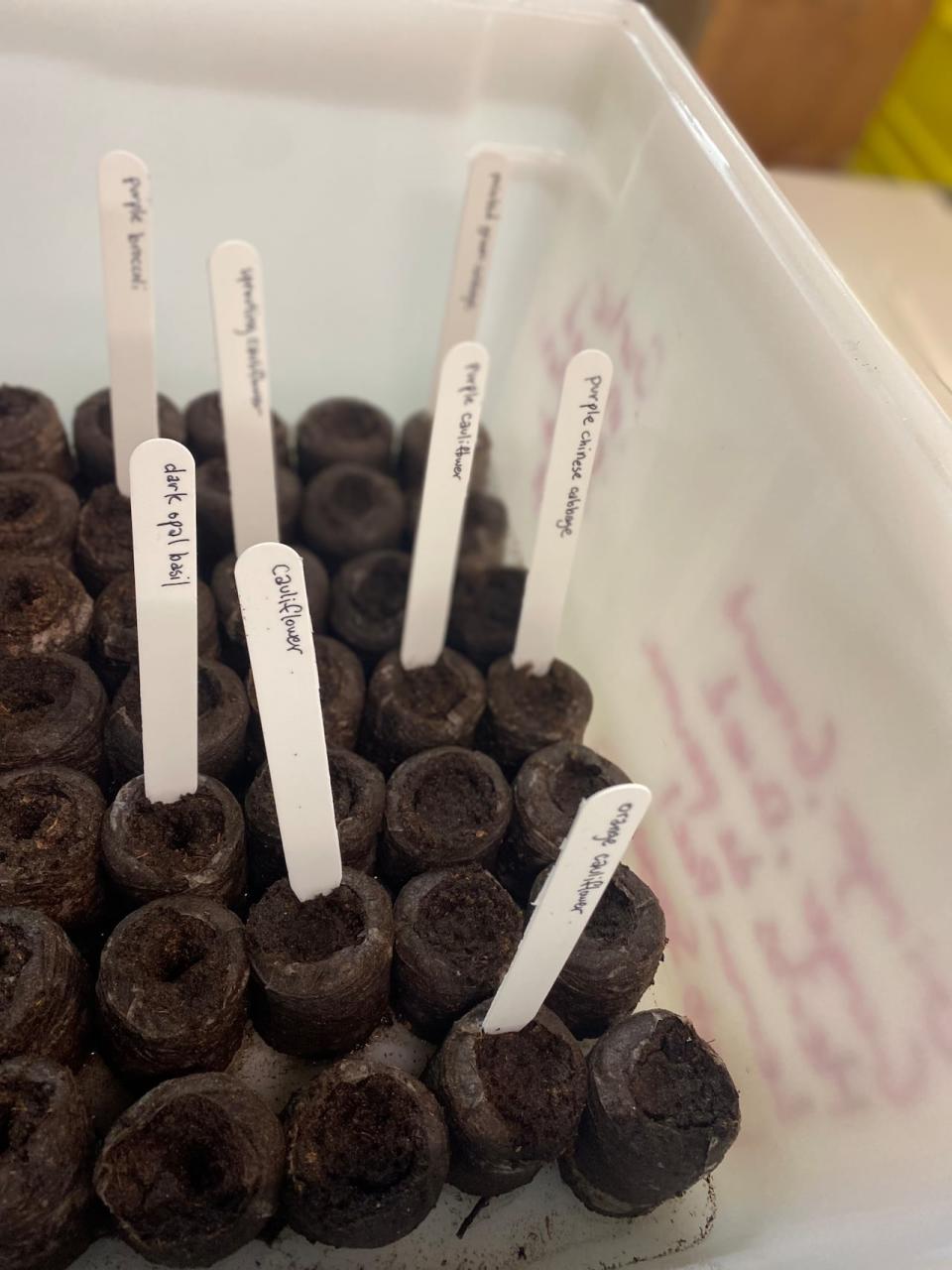How is climate change affecting your garden?

Stream Good Question, Saskatchewan on CBC Listen or wherever you get your podcasts.
Christie Peters was surprised by the size of her cantaloupes last season.
"They were massive and they produced really well," she said "I think that was because of the hot fall that we had."
Peters is co-owner of Pop Wine Bar and Primal Pasta in Saskatoon. She grows fruits and vegetables to serve at her restaurants, so gardening is a big part of her livelihood.
She's noticing a shift in the length of the garden season and what she's able to grow.
"It got me thinking, what else can we grow here that we couldn't previously grow here as the weather changes?"
Peters put her questions to the CBC podcast Good Question, Saskatchewan. Her main query: Are garden zones shifting because of climate change?
The answer, according to experts, is yes.
LISTEN | Can I grow peaches in Saskatchewan?
Garden zones, laid out by Natural Resources Canada in its Plant Hardiness Zone Map, help people figure out what types of perennials will survive in their location. For example, B.C.'s Okanagan is designated a "6a" while Southern Saskatchewan is a "3b," and each designation is associated with certain viable plants.
"I think they definitely are changing. I've seen it," said Jackie Bantle, a horticulturalist with the University of Saskatchewan.
She said the length of the growing season has grown and there are greater fluctuations to contend with, like drought conditions and extreme storms.
"We have to be prepared to protect our plants," she said." We're going to have wind storms, so put up trees, put up fences or shelter belts."
Sheryl Normandeau, co-author of the garden book series Guides for the Prairie Gardener, said a new zone map is expected this year and gardeners are anticipating a shift.
"It will change the types of plants that we can put in the ground," she said.
"When we go shopping in the garden centre we might be able to choose some different things that we were never, never able to choose before."

Some of Christie Peters's seedlings for this year's gadening season. (Leisha Grebinski/CBC)
Normandeau said gardeners need to do their part to mitigate climate change by conserving water and planting native plants to support pollinators and build healthy soil.
But she also said it can be fun to see what new things can grow in Saskatchewan.
That's why Peters is planning to experiment with pine berries this year.
"It's like a white strawberry and it's not supposed to grow here, but I'm going to give it a shot and see."


